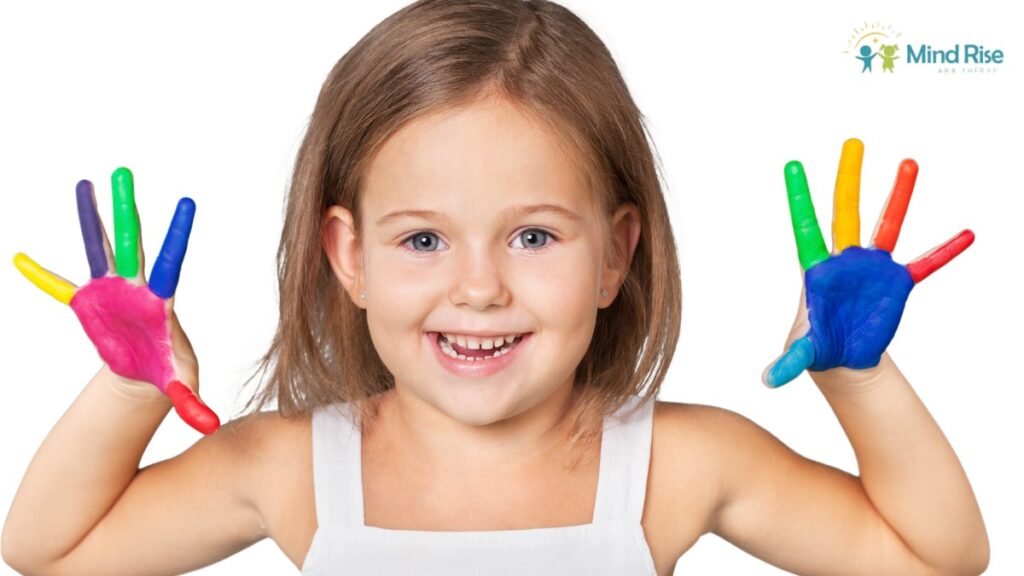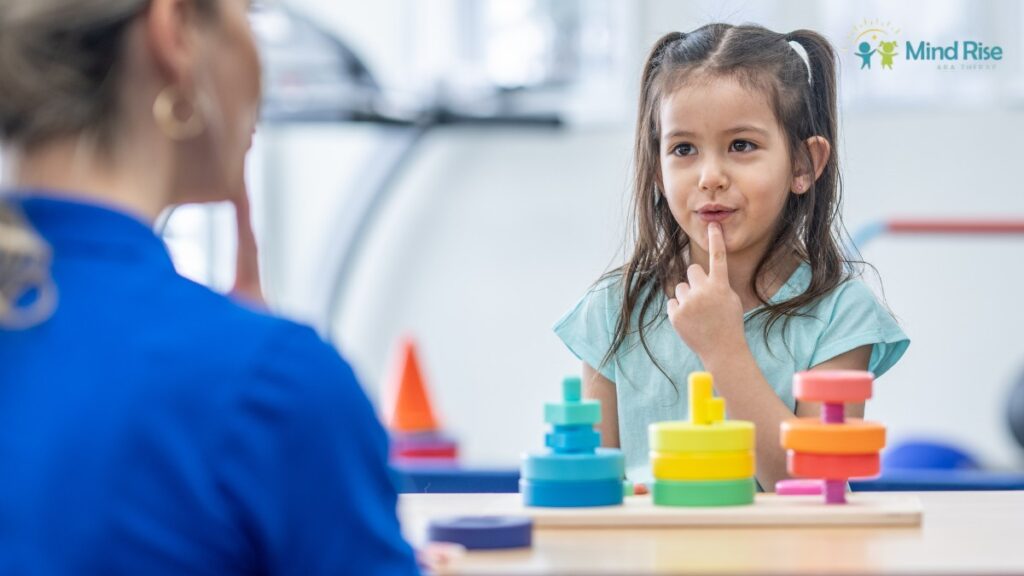Key Points:
- Autism is a neurodevelopmental condition affecting communication and sensory processing, while social awkwardness is a temporary discomfort in social settings.
- Social awkwardness can improve with practice, but autism involves lifelong differences in social interaction and sensory perception.
- Understanding these differences helps parents support their child’s unique needs effectively.
Your child prefers to play alone, avoids small talk, or misunderstands jokes. Is it social awkwardness or something more? Many parents struggle to tell the difference between autism and social discomfort. Learning what sets them apart can help ensure children get the support they need to navigate social situations.
What Is the Difference Between Autism and Social Awkwardness?
Autism is a neurodevelopmental condition that affects social communication, sensory processing, and behavior patterns, while social awkwardness refers to temporary discomfort or lack of confidence in social settings. Moreover, autism is lifelong and involves neurological differences, whereas social awkwardness can improve with practice and experience.
Although both can lead to difficulty in social interactions, the causes and impacts differ. Autistic individuals may struggle with reading social cues, have sensory sensitivities, or prefer structured routines, while socially awkward individuals may feel nervous or make occasional mistakes in conversation but can adapt over time.

What Is Autism?
Autism spectrum disorder (ASD) is a lifelong neurological condition that affects the way a person communicates, processes information, and interacts with the world. It is not something that can be “outgrown” or fixed—it is a fundamental part of how an individual experiences life.
Here are key characteristics of autism:
- Social Communication Differences – Challenges in understanding facial expressions, tone of voice, or social norms.
- Repetitive Behaviors and Routines – Preference for structure, repetitive actions, or intense focus on specific interests.
- Sensory Sensitivities – Over- or under-reacting to sounds, lights, textures, or other sensory input.
- Difficulty with Abstract Language – Trouble with sarcasm, jokes, or indirect communication.
How Autism Affects Social Interaction
Autistic individuals may experience:
- Difficulty maintaining conversations or knowing when to speak.
- A preference for deep or structured discussions over small talk.
- Struggles with understanding unspoken social rules, like personal space.
- A need for social interactions to be predictable and structured.
Unlike social awkwardness, these traits persist regardless of practice or exposure. Autistic individuals do not just lack social experience—they experience the world in a fundamentally different way.
What Is Social Awkwardness?
Social awkwardness, on the other hand, is a temporary or situational struggle in social interactions, often due to nervousness, inexperience, or personality differences. Unlike autism, it is not a neurodevelopmental condition and does not involve sensory processing differences.
Below are key characteristics of social awkwardness:
- Situational Discomfort – Struggles with certain social interactions but improves with time and experience.
- Occasional Misinterpretation of Social Cues – Might miss a joke or interrupt a conversation but can learn from it.
- Self-Consciousness in Social Situations – Fear of embarrassment or saying the wrong thing.
- No Sensory Processing Differences – Does not involve heightened reactions to noise, touch, or lights.
How Social Awkwardness Affects Social Interaction
A socially awkward individual may:
- Struggle with small talk but gradually improve.
- Feel anxious about making mistakes but learn from them.
- Apologize when they realize they’ve misunderstood social cues.
- Improve their communication skills with exposure and practice.
Social awkwardness is often temporary. With time, learning, and confidence-building, most people grow out of it. Autism, however, remains a lifelong neurological difference.
How Can Parents Support a Child with Autism or Social Awkwardness?
Supporting a child with autism or social awkwardness starts with understanding their unique challenges. While autism requires structured strategies, social awkwardness often improves with practice. Tailored support can help children build confidence and social skills.
1. Supporting a Child with Autism
Children with autism thrive with structure, clear communication, and understanding. Parents can help by:
- Using visual schedules to create predictable routines.
- Teaching social skills through structured activities.
- Encouraging special interests as a way to build confidence.
- Seeking ABA therapy for professional support.
2. Helping a Socially Awkward Child Gain Confidence
If your child is simply shy or socially awkward, they may benefit from:
- Role-playing social situations to build confidence.
- Gradual exposure to social settings without pressure.
- Encouragement and positive reinforcement for social successes.
3. Recognizing When Professional Support is Needed
If a child’s social difficulties seem persistent, severe, or linked with sensory sensitivities, an autism evaluation may be helpful. Early intervention provides tools and strategies to improve communication and daily life skills.

How ABA Therapy Supports Social Development
Applied Behavior Analysis (ABA therapy) is a proven approach to help autistic children improve communication, social skills, and independence. Unlike casual social coaching, ABA therapy is structured and individualized, making it highly effective for children on the autism spectrum.
1. Improving Social Communication
ABA therapy teaches children how to:
- Read facial expressions and tone of voice.
- Understand personal space and social norms.
- Engage in conversations in a structured way.
2. Helping with Sensory Regulation
Many autistic children struggle with sensory overload. ABA therapy helps them:
- Develop coping strategies for loud noises or bright lights.
- Learn how to self-regulate during overwhelming situations.
3. Building Daily Life and Independence Skills
Autistic children often need direct teaching to navigate everyday interactions. ABA therapy helps them learn:
- How to take turns in conversations.
- How to transition between activities smoothly.
- How to build friendships based on shared interests.
Support Your Child with ABA Therapy at Virginia
Understanding the difference between autism and social awkwardness is essential for ensuring the right support. Autism is a neurological condition that affects communication and sensory processing, while social awkwardness is temporary and improves with experience.
At Mind Rise ABA, we offer personalized ABA therapy in Virginia to help children with autism develop communication, social, and life skills in a structured and supportive environment. Contact us today to learn how we can help your child thrive.

